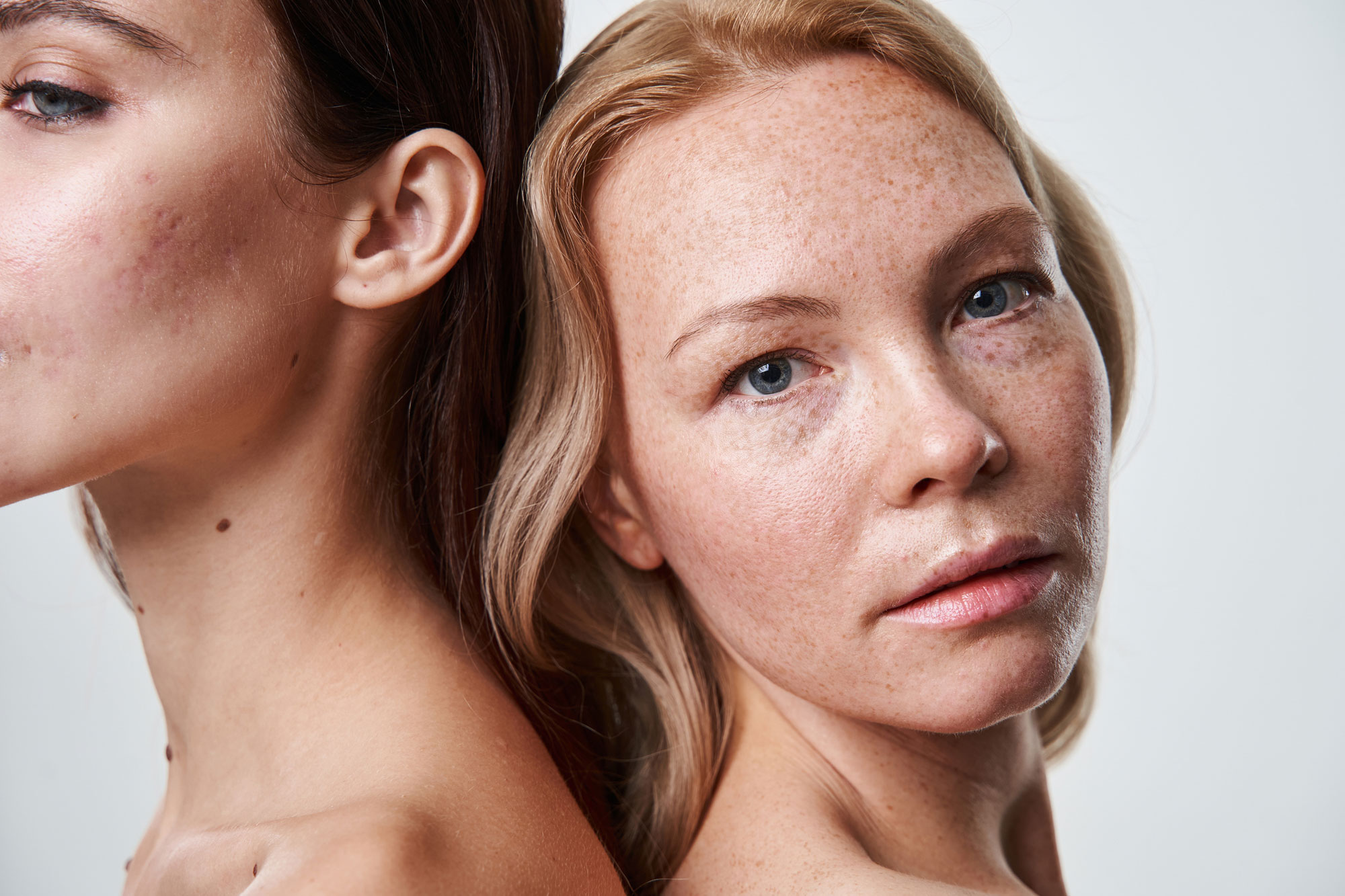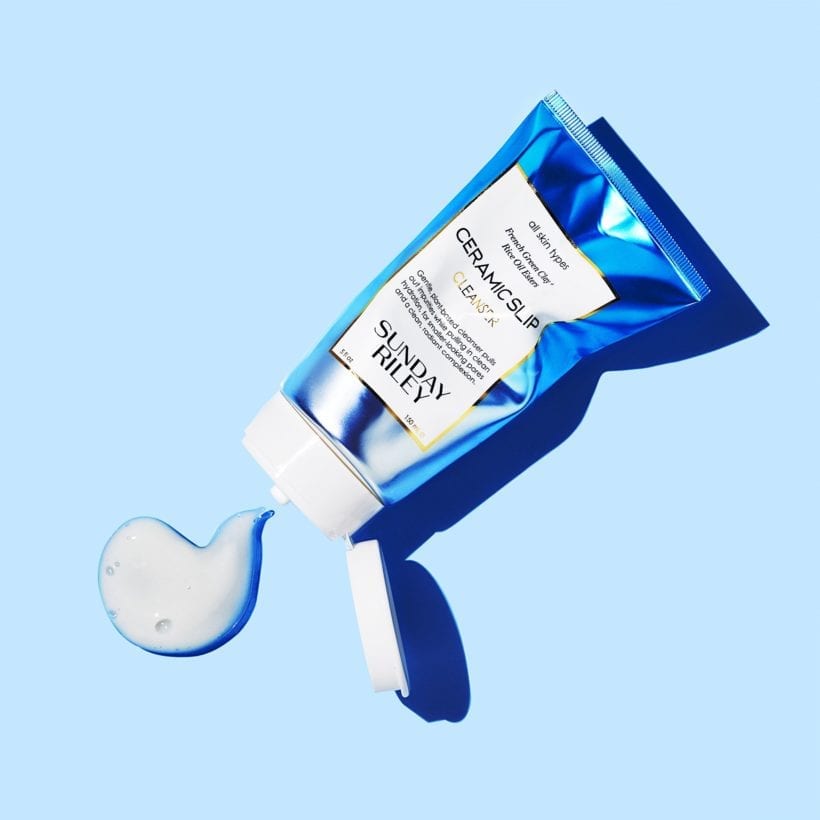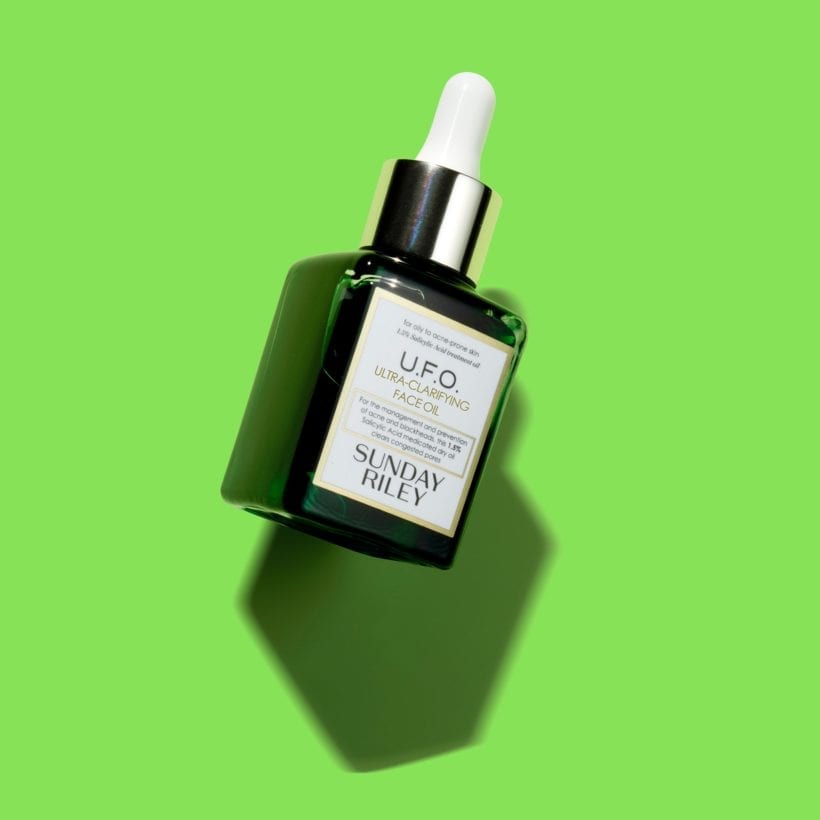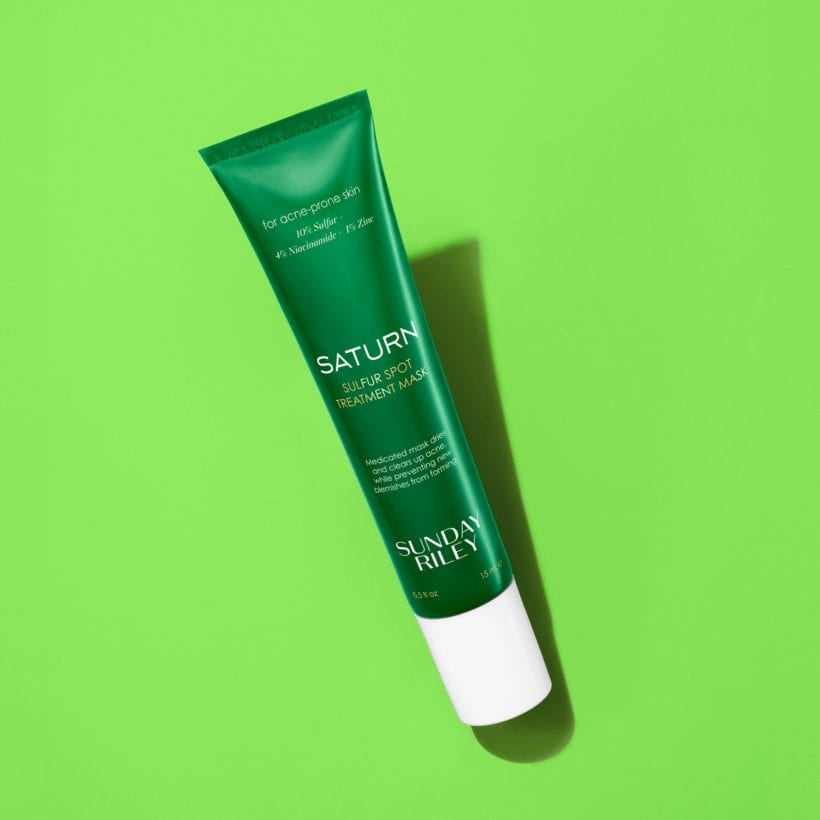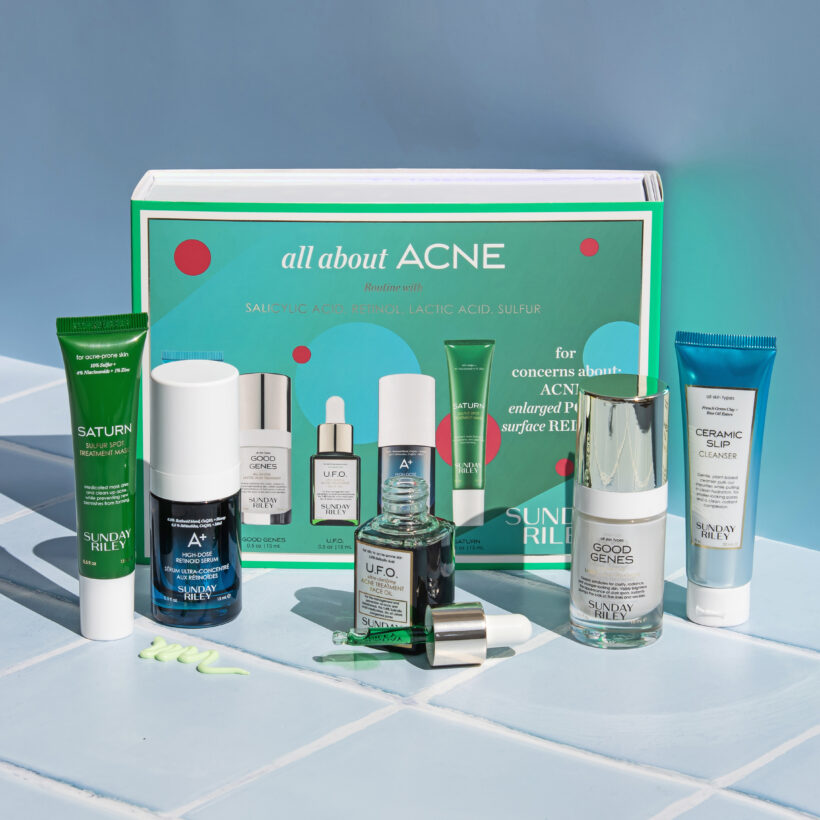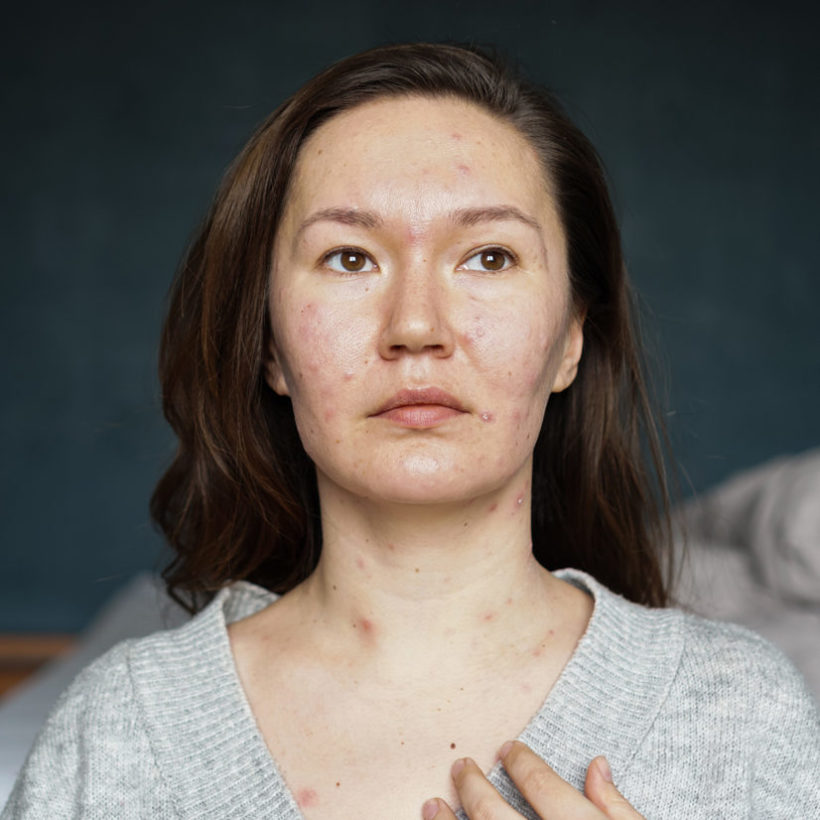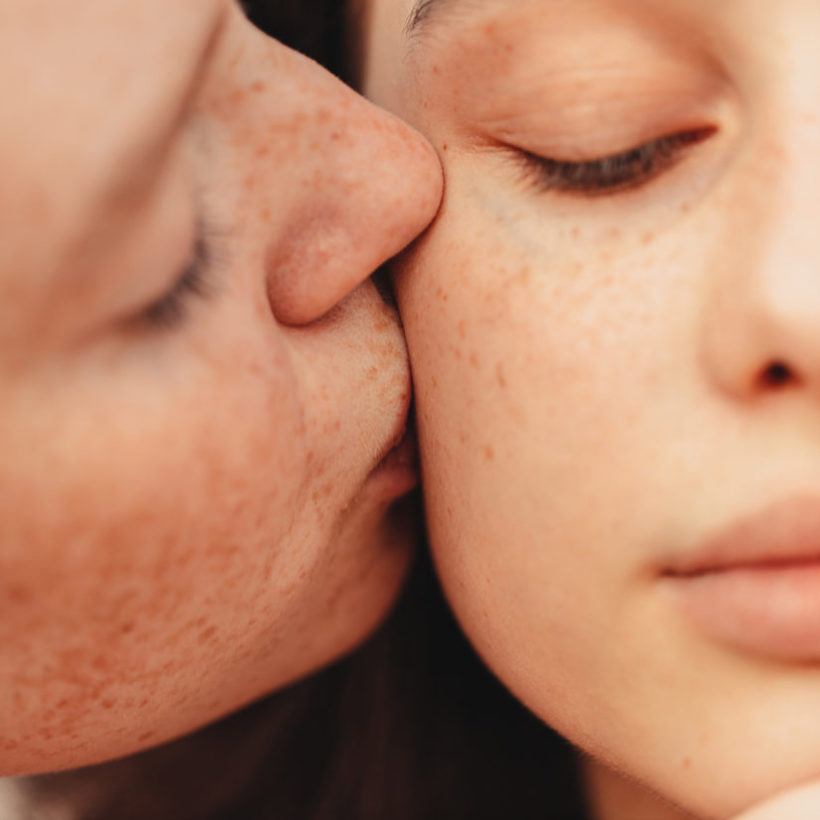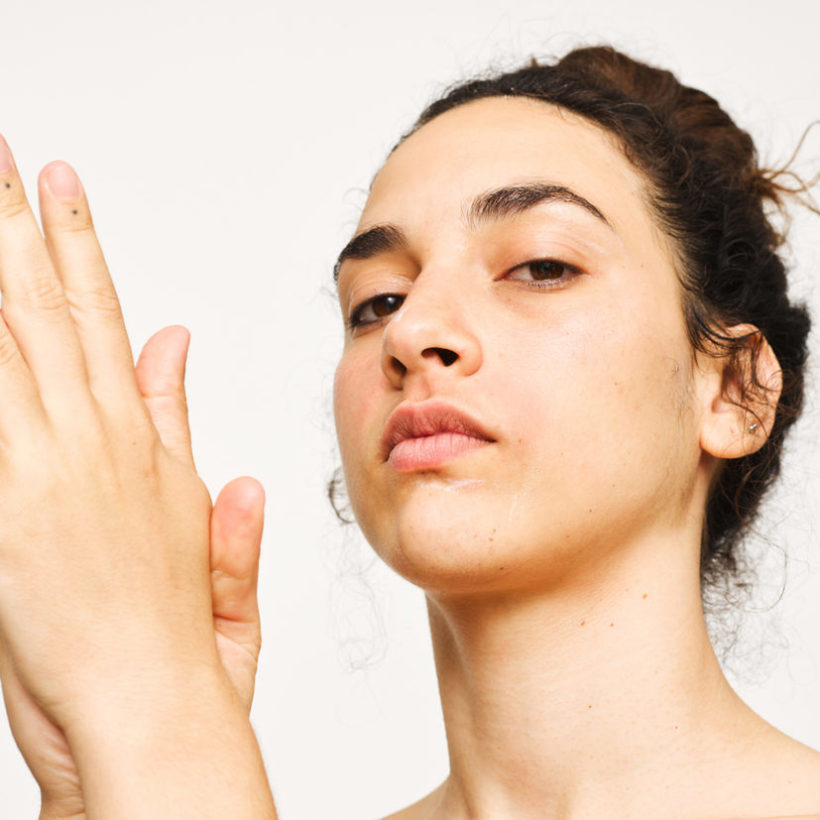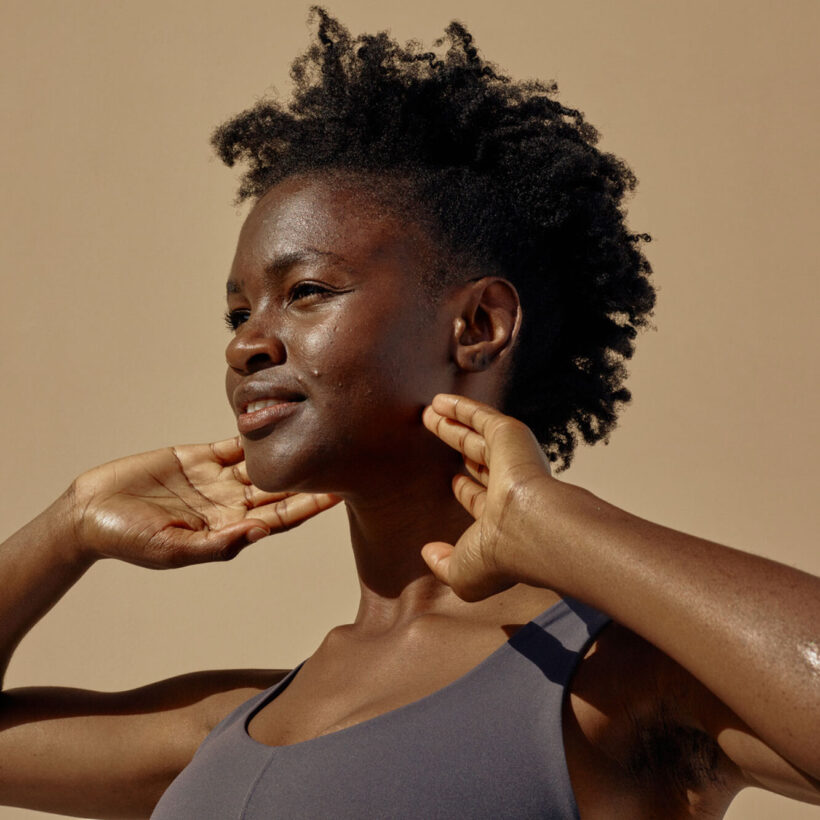It’s something both researchers have shown, and skin care professionals have noticed: Adult women are seeking treatment for acne faster than any other group. Is it because women are more apt to seek treatment than, say, a typical 26-year-old guy who needs to be dragged to their yearly skin checkup? Yes, that’s part of it. But there are several physical factors as well — let’s dive in.
Meet the Experts
Dr. Michele Green is a board-certified, N.Y.C.-based dermatologist.
Dr. Kiran Grewal is a board-certified family medicine and functional medicine physician based in North Carolina.
Hormones
Skin pros point to women’s fluctuating hormones as the prominent acne trigger. In short, when hormones are out of balance, they increase sebum (our natural oily secretion) production, which can clog pores and attract bacteria, causing inflammation, and voila: Acne. Also, in peri-menopause and menopause, when estrogen decreases, it leads to dryness, which can do two things:
- Flaky skin can clog pores and attract bacteria.
- The body produces more sebum to lubricate the skin when it senses dryness.
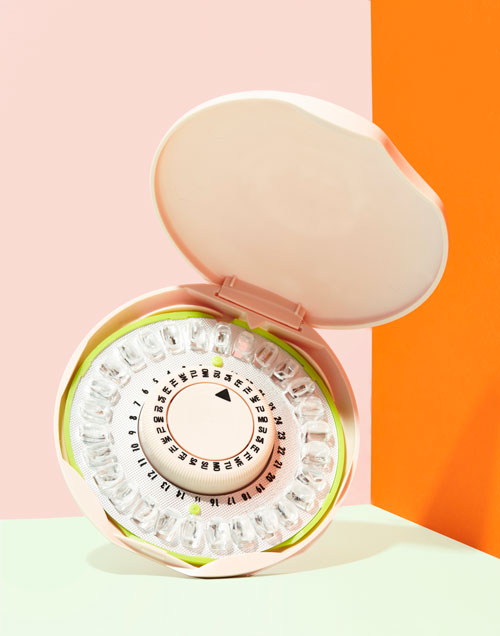
Going off the pill will shift hormones as well. Dr. Green explains that she often sees women in their 30s go off birth control pills “because they want to get pregnant or don’t want to be on oral contraception anymore.” When you go off birth control pills, which normalize your hormones, the body suddenly tries to regulate them, “and they are pretty active all over again.” Other hormone shifts occur during pregnancy and post-pregnancy — all times when acne can increase.
Also connected to hormones is Polycystic Ovarian Syndrome (PCOS), a condition that affects up to 5 million American women. PCOS causes an increase in androgens (growth and reproduction hormones in men and women), which boost sebum production.
But Dr. Grewal doesn’t just say “it’s hormones” when dealing with acne patients. “My question is, why are the hormones off in this patient.” Which leads her to explore many of the below triggers —stress, diet, gut health, and products.
Stress
When the brain signals to the body that it’s stressed, it releases cortisol. This stress hormone, like other hormones, can lead to dry skin and overproduction of sebum. Women lead Dr. Green said that pandemic stress caused a lot of acne. Studies show women are more likely than men (28% vs. 20%) to say they’re very stressed out — and this research was conducted before pandemic stress was thrown into the mix. “Constant breakouts stress people out, affecting their self-image,” says Dr. Green.
Diet, Drinking, Gut Health
There are many ways that what we consume can affect acne. And as Dr. Green points out, this area went haywire during the pandemic. “People aren’t eating or hydrating properly, they aren’t sleeping, and there’s been an increase in alcohol intake and smoking rates — all those things make acne worse.” How? Alcohol dehydrates the entire body, including the skin, so the body responds by self-hydrating the complexion. Alcohol can also affect your hormones and lower your body’s immune responses. So it won’t be able to fight off pimple-causing bacteria as effectively. Cigarette usage is 100 percent linked to acne and can even cause acne from the outside, in addition to the internal causes we’ve discussed.

And then there’s food. Being overweight — and 30 percent of American women are obese — can cause hormone irregularities that trigger acne. And conversely, hormone-related diseases, such as PCOS, can play a role in weight. On top of that, some studies show that what you consume, for example, cow dairy can increase sebum production.
Dr. Grewal says nutritional deficiencies in the Western diet, which is “reduced in fiber content, is highly processed and has high amounts of sugar in it,” plays a role in acne because of the increased levels of inflammation in the body. Though it’s a big subject, in a nutshell, a lack of antioxidants and an increase in inflammation have been shown to increase acne. The junky diet also “destroys the gut microbiome,” leading to a leaky gut and increased inflammation throughout the body. The gut can be further compromised by antibiotic use, says Dr. Grewal, adding that antibiotic use has quadrupled in the past 40 years in westernized communities. Though antibiotic use has increased awareness, “many patients and doctors that are fast to jump on antibiotics.” (Women are prescribed antibiotics more commonly than men.) In addition, we now know that the skin’s healthy microbiome is crucial to a clear complexion.
Skincare, Makeup, and Haircare
Here’s another one exacerbated by the pandemic, says Dr. Green. “Because of Covid, people went online and bought random things they may not have used before,” and the products weren’t right for them, or they didn’t know how to use them properly. Skincare can contribute to acne for various reasons, most commonly that it can dehydrate or irritate the skin. Sunscreen can be another culprit. Women are good about their sunscreen (they’re twice as likely to slather on than men) but don’t always choose non-comedogenic ones. Dr. Green explains that women put on SPF, then sweat and apply more. “I see tons of acne from sunblock,” she says.
Makeup is another one — it won’t necessarily cause acne, but it can contribute. For starters, sleeping in makeup can clog pores and attract bacteria (the immune system reacts and, bam, breakout). Or using unclean makeup brushes or sponges. Or women with acne-prone skin not using non-comedogenic products, which are a must for these skin types to avoid breakouts.
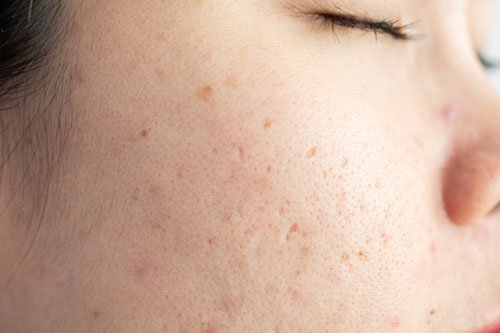
On average, women put a dozen different products on themselves each day (compared to half that for men), which potentially means more exposure to toxins if you’re not using clean formulas. But Dr. Grewal says we can’t just look at a single product and expect to fix acne by eliminating it; we need to look at the bigger picture, including what the products may be doing to our hormones. “A lot of these products are endocrine disruptors,” she explains. “They fool your body into thinking this is a hormone and plug right into the receptor. They activate the receptors and do the same thing as estrogen would do in your body. So there’s an excess of estrogen in your body.” As mentioned above, when hormones are out of balance, that’s when we see acne.
TLDR on products: Remember that makeup, skincare, and haircare are absorbed into the body, making it important to look for clean ingredients as much as possible and properly cleanse the skin and scalp to avoid attracting harmful bacteria.
Persistent Acne
Some women are finally getting their teen acne appropriately treated, so it isn’t necessarily a new problem. “I have patients who never had their acne correctly treated when they were younger,” says Dr. Green, adding that their doctors never got to the root cause of it or had the correct tools for treating it. Or, “It could be that they were embarrassed to get treated when they were younger,” or they felt like they couldn’t afford treatment at the time. Nevertheless, Dr. Green emphasizes that acne is very common and treatable.
We only recommend products we have independently researched, tested, and loved. If you purchase a product found through our links, Sunday Edit may earn an affiliate commission.
